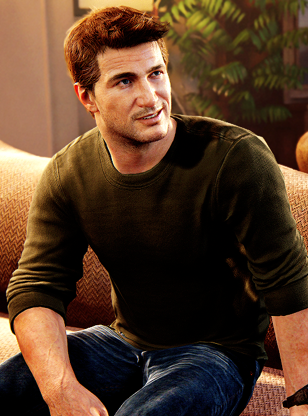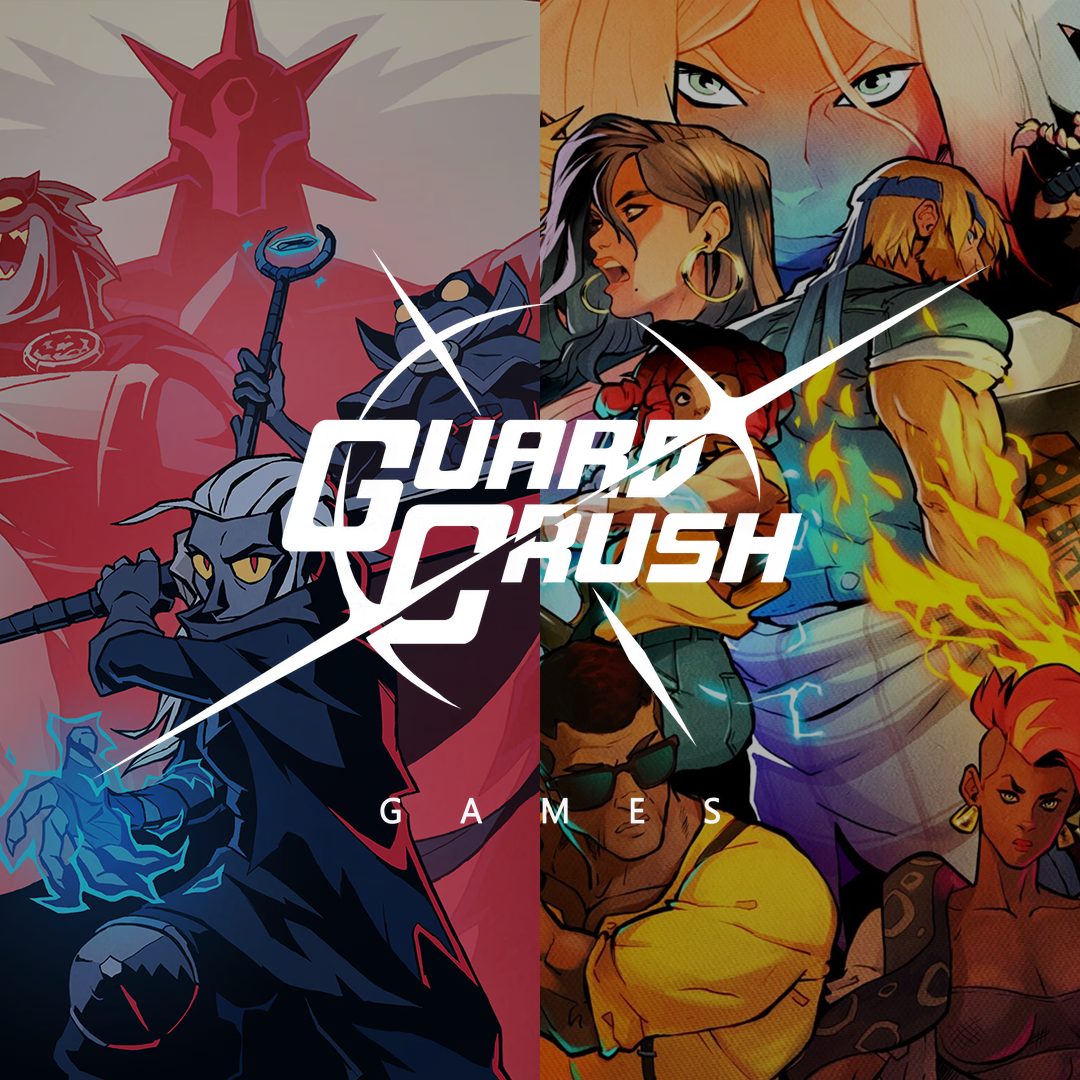Guest Post - What makes a memorable character? From Mohammed Maxwel Hasan
/Mohammed Hasan has written a few guest posts for us, and decided to explore what makes a memorable character below. You can check out his past posts here and here, and follow him on Twitter here.
What makes a memorable character?
Mohammed Maxwel Hasan
With hundreds of AAA and independent games releasing every year, how can a franchise stand out? One way is creating memorable characters and in this post, allow me to share 3 quick observations that form the ingredients to creating that iconic character.
Art Design
Making a character simple makes it easier to remember. Look at Mario: his circular features, simple colour scheme and M logo on his hat helps you draw from your memory bank. Different shapes denote different messages. Round = youthful. Square = stability. Triangle = danger. Besides, the simpler the character design, the easier to put it on merchandise. The constant advertising feeds into the memorability and the cycle continues.
Dialogue
“The genius of the hole: No matter how long you spend climbing out, you can still fall back down in an instant.” – Max Payne
Ever heard a line in a game that you couldn’t stop thinking about? That’s the power of genius writing. When a character has catchphrases or certain phrases that stick with you, that will dramatically increase their memorability. Max Payne is littered with dramatic quotes that’ll cause you to reflect about life.
Relatability
Even though Nathan Drake embarks upon larger-than-life adventures, his personality as an everyman connects him to the players. For instance, Drake reveals how he hates clowns. If you aren't too fond of them either, it instantly draws you close to Drake and helps bridge the gap. Building on those moments that allow the player to see themselves in the character will increase that memorability.
What else makes a memorable character? Leave your comments below, or on Twitter and join the conversation!




















